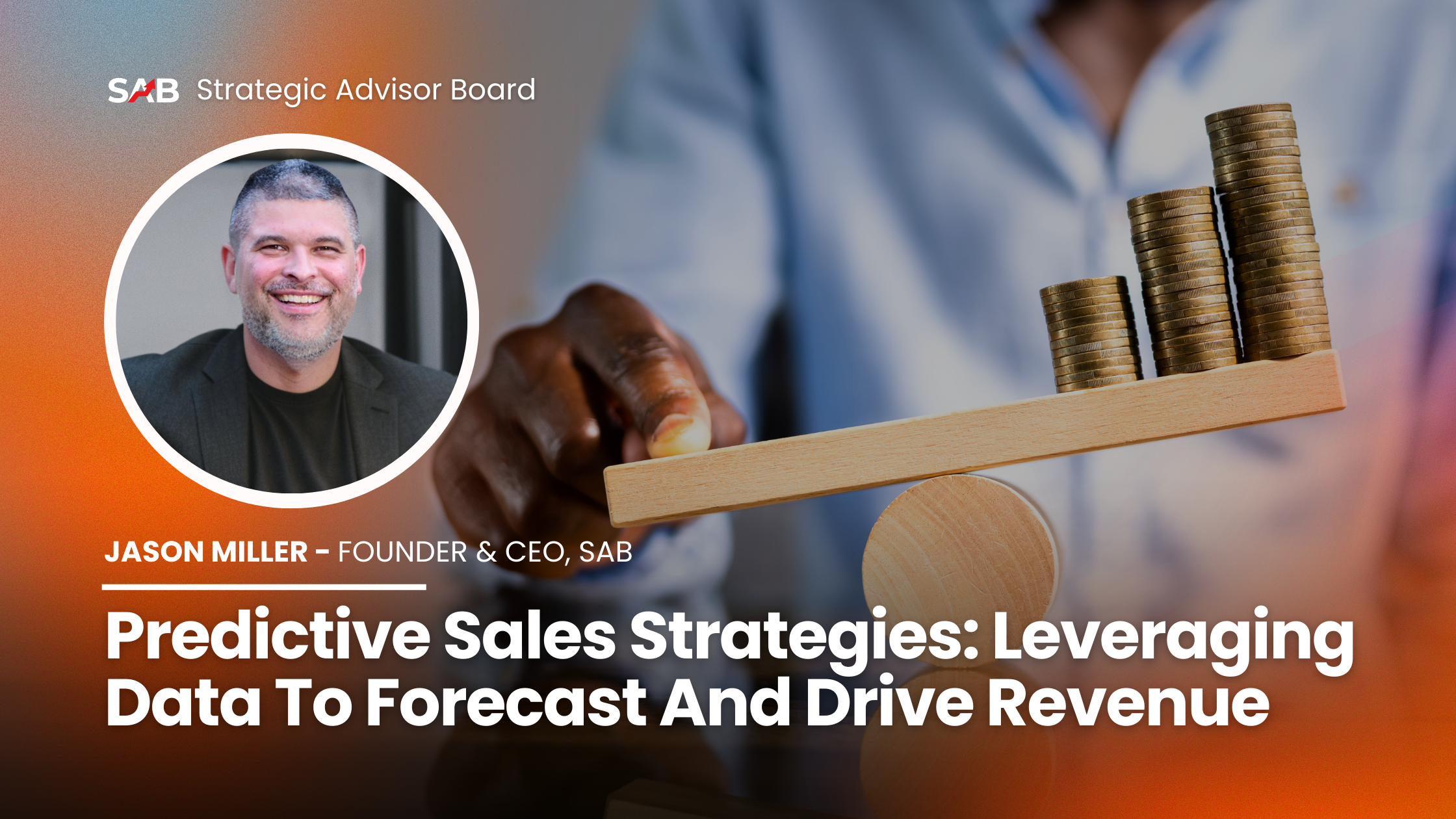
In the fast-paced world of sales, staying ahead of the competition requires more than just traditional techniques. As technology evolves, so do the strategies for predicting sales and driving revenue. Predictive sales strategies, powered by data analytics, offer businesses a way to anticipate market trends, optimize sales efforts, and ultimately boost their bottom line. This article explores how leveraging data can transform your sales strategy, enabling you to forecast accurately and drive revenue growth.
Predictive sales strategies involve using data analytics to anticipate future sales trends and customer behaviors. By analyzing historical data, sales teams can identify patterns and make informed predictions about future sales outcomes. These insights enable businesses to allocate resources more effectively, target the right customers, and develop strategies that are more likely to succeed.
At the heart of predictive sales is data collection. Businesses gather data from various sources, including customer interactions, sales transactions, social media, and market research. This data is then processed and analyzed using advanced algorithms and machine learning techniques. The result is a set of actionable insights that can guide sales strategies and decision-making.
Data plays a crucial role in predictive sales strategies. It provides the foundation upon which predictions are made. The quality and accuracy of the data directly impact the reliability of the predictions. Therefore, it is essential to ensure that data is collected, cleaned, and maintained correctly.
One of the key benefits of using data in predictive sales is the ability to segment customers effectively. By analyzing customer data, businesses can identify distinct segments based on behaviors, preferences, and purchasing patterns. This segmentation allows sales teams to tailor their approaches to different customer groups, increasing the likelihood of conversions.
Moreover, data analytics can help in identifying high-value leads. Predictive models can analyze various factors, such as past purchase history, engagement levels, and demographic information, to score leads based on their potential value. Sales teams can then prioritize these high-value leads, ensuring that their efforts are focused on prospects most likely to convert.
Implementing predictive sales strategies requires a combination of technology, expertise, and strategic planning. The first step is to invest in the right tools and technologies. Customer Relationship Management (CRM) systems, data analytics platforms, and machine learning tools are essential components of a predictive sales strategy. These tools enable businesses to collect, analyze, and visualize data effectively.
Next, businesses need to build a team with the right skills. Data scientists, analysts, and sales strategists should work together to develop and implement predictive models. Collaboration between these teams ensures that the models are aligned with business goals and that the insights generated are actionable.
One of the most critical aspects of implementing predictive sales strategies is integrating these models into the sales process. This integration involves training sales teams to use the insights generated by predictive models. It also requires continuous monitoring and optimization to ensure that the models remain accurate and relevant.
While predictive sales strategies offer numerous benefits, they also come with challenges. One of the primary challenges is ensuring data quality. Inaccurate or incomplete data can lead to incorrect predictions, which can negatively impact sales strategies. Therefore, businesses must invest in data management practices to maintain the integrity of their data.
Another challenge is the complexity of developing and implementing predictive models. This process requires expertise in data science and machine learning. Businesses may need to invest in training or hire external experts to build and maintain these models.
Additionally, integrating predictive models into existing sales processes can be challenging. Sales teams may be resistant to change, and it is essential to provide adequate training and support to ensure smooth integration.
Predictive sales strategies, powered by data analytics, offer a powerful way to forecast future trends and drive revenue growth. By leveraging data to understand customer behaviors, identify high-value leads, and optimize sales efforts, businesses can stay ahead of the competition and achieve their sales goals. While challenges exist, the benefits of predictive sales strategies far outweigh the obstacles. Investing in the right tools, expertise, and strategic planning can transform your sales strategy, leading to sustained success and revenue growth.
Are you interested in growing your business with little or no work on your part? Check out our 1-Day Power Intensive to see if it’s right for you!
This article was brought to you by: Jason Miller, AKA Jason "The Bull" Miller, Founder/CEO and Senior Global Managing Partner of the Strategic Advisor Board - What has your business done for YOU today?